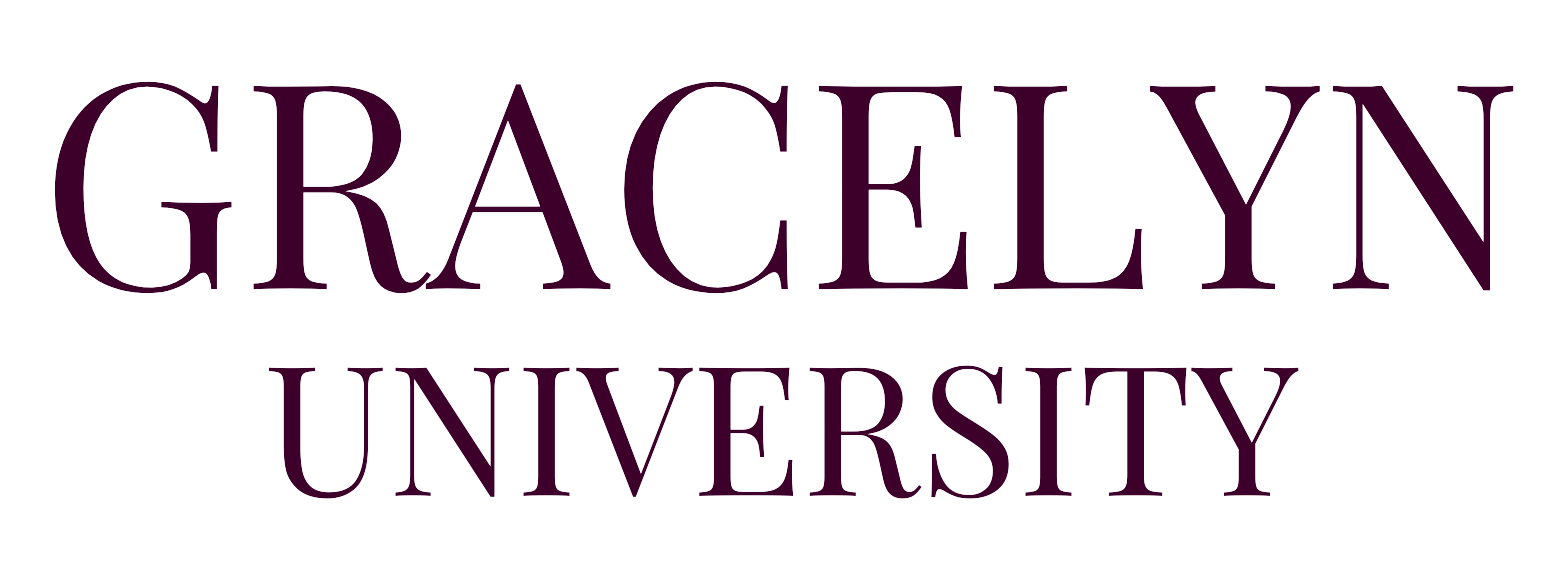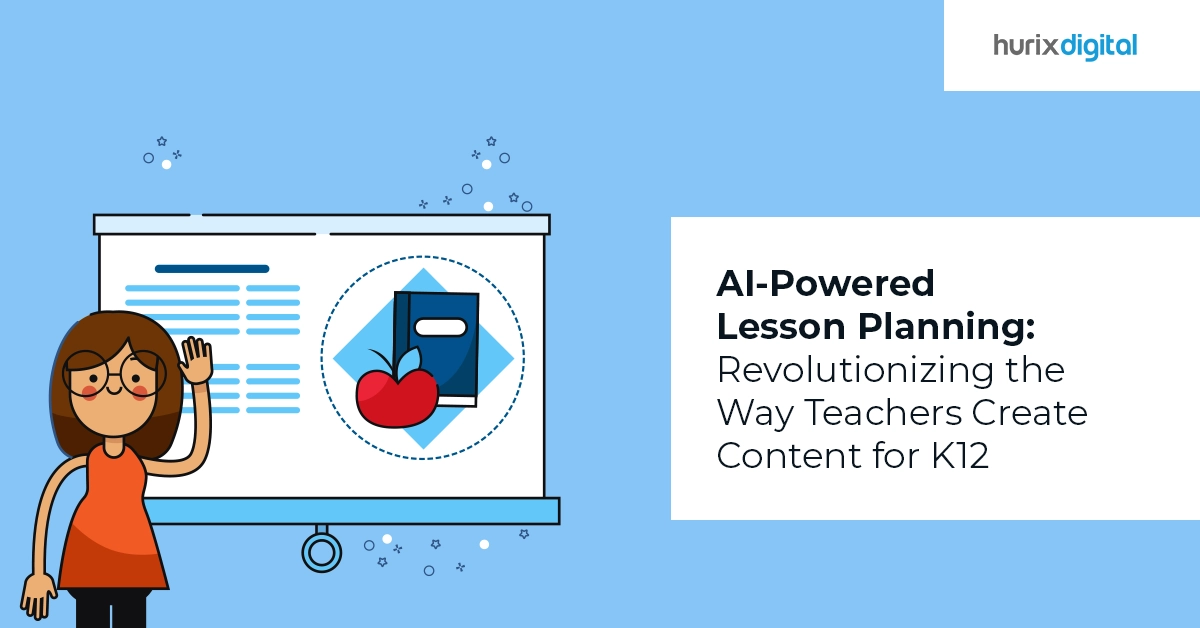News
Using AI tools to develop Standards-Based Lessons Plans
What if all teachers knew best practices for using AI tools to develop standards-based lessons plans?
At Hartwell The Educators University, all graduates have gained experience on best practices for using a variety of AI tools to develop relevant lesson plans.
As AI-powered tools become more prevalent in the education landscape, it’s crucial for educators to adopt best practices to ensure that these tools are used effectively and ethically in developing standards-based lesson plans. Here are some best practices to consider:
- Understand the capabilities and limitations of AI tools: While AI tools can streamline the lesson planning process, it’s important to recognize their limitations and use them as a supplement to, rather than a replacement for, human expertise and judgment (Schaffhauser, 2023).
- Maintain a critical eye: Educators should review and evaluate the lesson plans generated by AI tools to ensure alignment with academic standards, accuracy of content, and appropriateness for their specific classroom contexts (Darling-Aduana & Heinrich, 2018).
- Prioritize student engagement and differentiation: AI-generated lesson plans should be tailored to incorporate engaging activities, multimedia resources, and differentiation strategies to cater to diverse learning styles and needs (Pane et al., 2021).
- Collaborate and share best practices: Encourage collaboration among educators to share best practices, insights, and experiences in using AI tools for lesson planning, fostering a supportive professional learning community (Darling-Aduana & Heinrich, 2018).
- Ensure ethical and responsible use: Adhere to ethical guidelines and principles, such as transparency, privacy, and accountability, when using AI tools in education to mitigate potential biases and ensure responsible use (Floridi et al., 2018).
- Continuous professional development: Engage in ongoing professional development opportunities to stay updated on the latest advancements in AI-powered educational tools and best practices for their effective integration (Pane et al., 2021).
By embracing these best practices, educators can leverage the power of AI tools to enhance their lesson planning process while maintaining a focus on student-centered learning, academic rigor, and ethical considerations.
About Hartwell – The Educators University
Hartwell is dedicated to empowering K-12 education leaders by fostering the growth of their people into competent and compassionate educators and leaders. Our mission is to ensure every child is taught by educators trained from a biblical worldview, emphasizing both excellence and empathy. Through our affordable online pathways to education degrees, we make careers in K-12 education accessible to everyone, enabling a new generation of teachers and leaders to inspire and educate future generations.
Discover more about our programs and scholarship opportunities at Hartwell.
References:
– Darling-Aduana, J., & Heinrich, C. J. (2018). Instructional practice in the context of data-driven decision making. Journal of Research on Educational Effectiveness, 11(4), 542-568.
– Floridi, L., Cowls, J., Beltrametti, M., Chatila, R., Chazerand, P., Dignum, V., … & Vayena, E. (2018). AI4People—An ethical framework for a good AI society: Opportunities, risks, principles, and recommendations. Minds and Machines, 28(4), 689-707.
– Pane, J. F., Puma, M. J., Brodziak, I., Olsen, R. B., Doering, J., & Bauer, L. (2021). Leveraging technology to support instructional practice and professional development in math. RAND Corporation.
– Schaffhauser, D. (2023, April 10). AI for Lesson Planning: What Teachers Need to Know. THE Journal. https://thejournal.com/articles/2023/04/10/ai-for-lesson-planning-what-teachers-need-to-know.aspx

